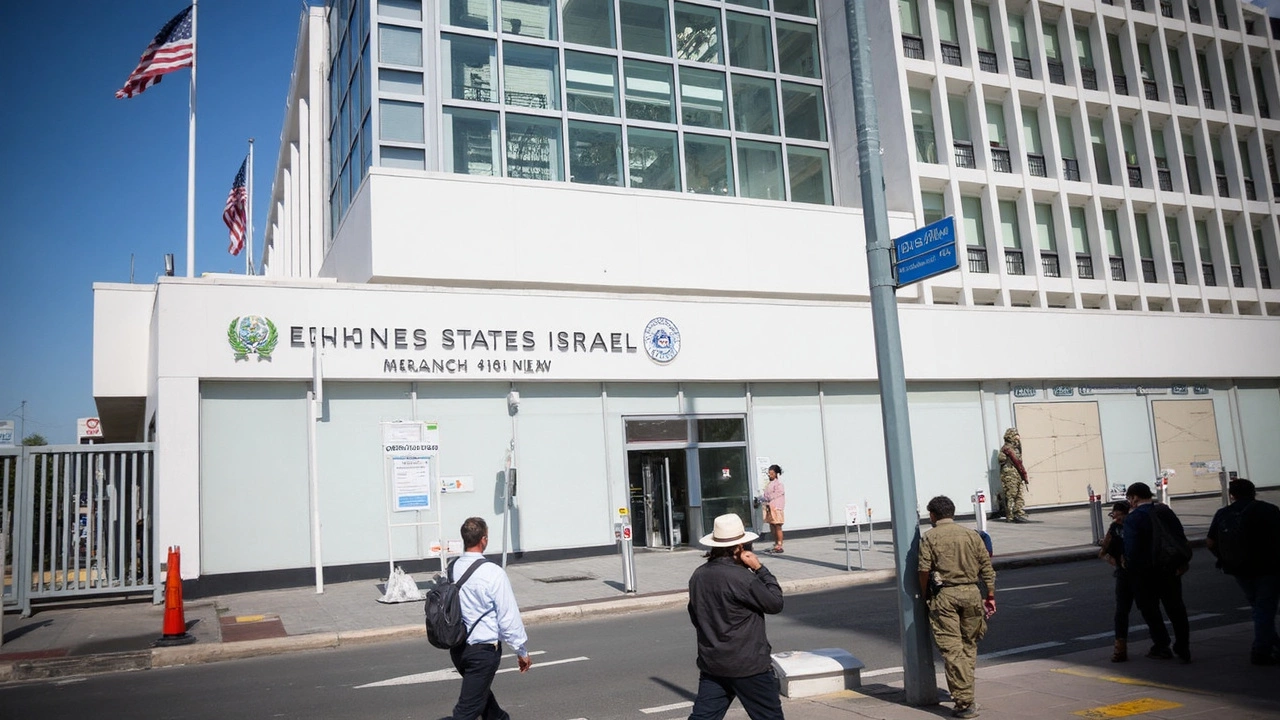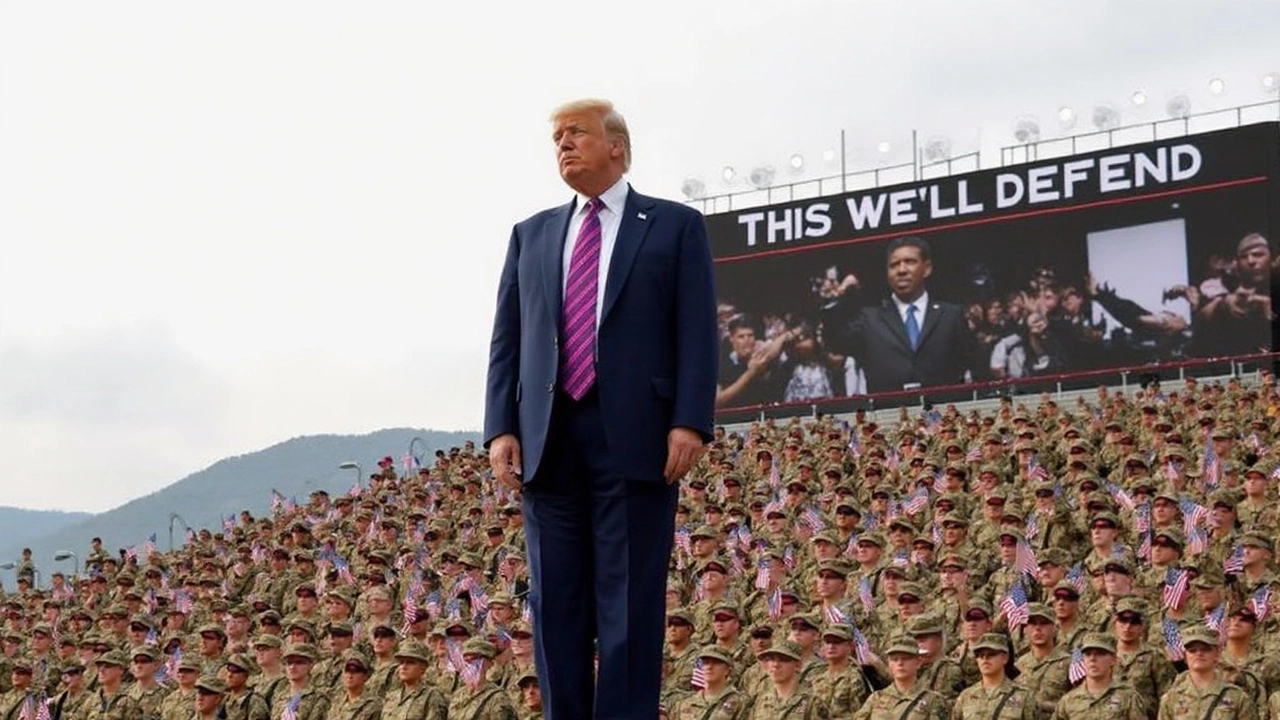Trump Hints at a Potent Flashpoint in the Middle East
President Donald Trump grabbed headlines on June 12 when he addressed reporters from the White House, openly saying there’s a chance Israel could strike Iran. He balanced that warning by repeating his familiar line—he doesn’t want war. Instead, he leaned hard on the idea of settling things through talks. But his message was clear: Iran must give up its nuclear ambitions. 'Iran cannot have a nuclear weapon,' Trump told the press, laying his line in the sand. Even as he talked up diplomacy, he rattled the saber just enough, reminding everyone of America’s military muscle. 'I believe in peace through strength,' he said, while reminding the world that the U.S. fields what he called “the greatest military in the world.”
His comments came as tension is climbing across the region. The situation got more complicated after the U.S. ordered a partial pullout of personnel from Middle Eastern outposts—just as whispers of possible new conflict between Israel and Iran began swirling. The air is thick with uncertainty, and every statement from Washington is being dissected for clues about what comes next.

Israel’s Strikes, U.S. Diplomacy, and the Risk of Fallout
Events took another turn when word broke about recent Israeli strikes targeting Iranian nuclear sites. Washington admits it knew in advance—the Secretary of State and National Security Adviser Marco Rubio openly said the U.S. got a heads-up. But he stressed that the American military wasn’t involved in the execution. ‘We are not involved in strikes against Iran,' Rubio said, making it clear the decision was strictly Israel’s and not a joint venture. He issued a warning to Tehran as well: don’t even think about responding by going after American troops or resources in the region.
At the same time, the Trump administration had lined up indirect nuclear negotiations with Iran in Oman for June 15. Special Envoy Steve Witkoff and Iranian Foreign Minister Abbas Araghchi were supposed to meet, but now everyone is wondering if those talks will fall through. After military attacks, both sides might be less willing to come to the table or show flexibility. The shadow of conflict looms over every diplomatic effort right now.
So, Trump is running a careful balancing act: speak tough on Iran’s nuclear program, remind adversaries of U.S. power, and yet still push for a peaceful outcome. Meanwhile, the region waits, watching every American and Israeli move for signs of what’s next. If there’s ever been a moment where a single misstep could spark a bigger crisis, it’s this one.
